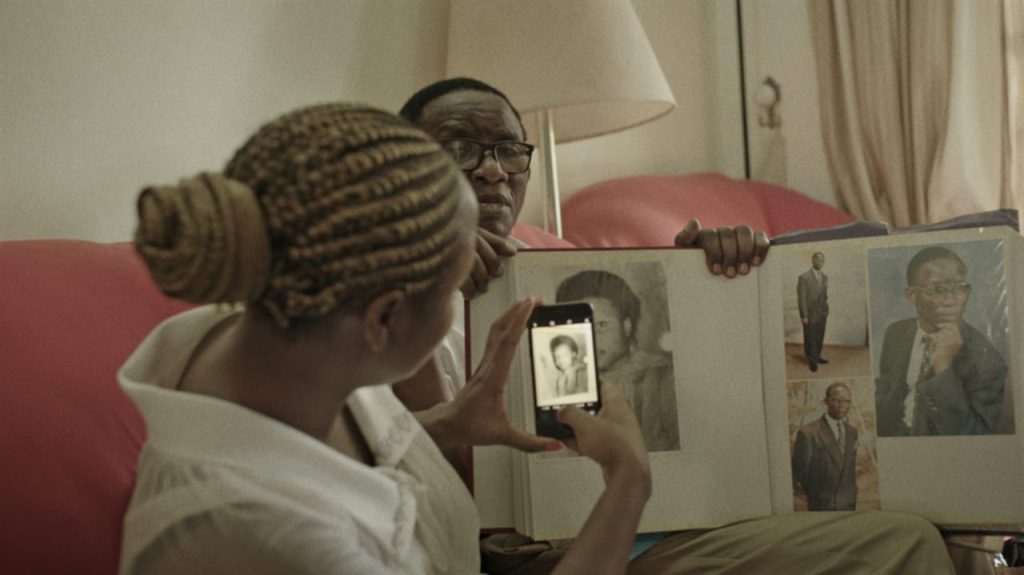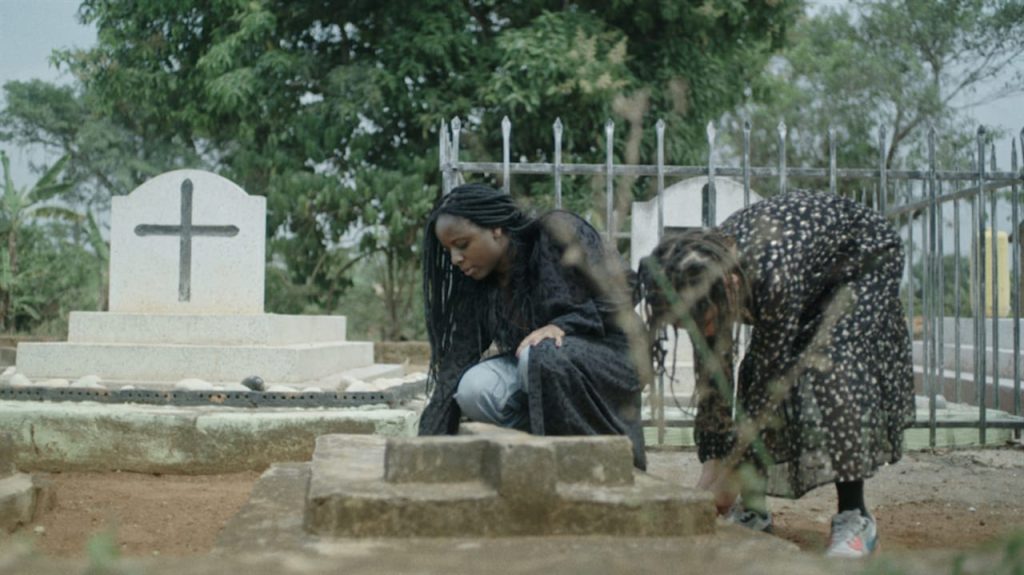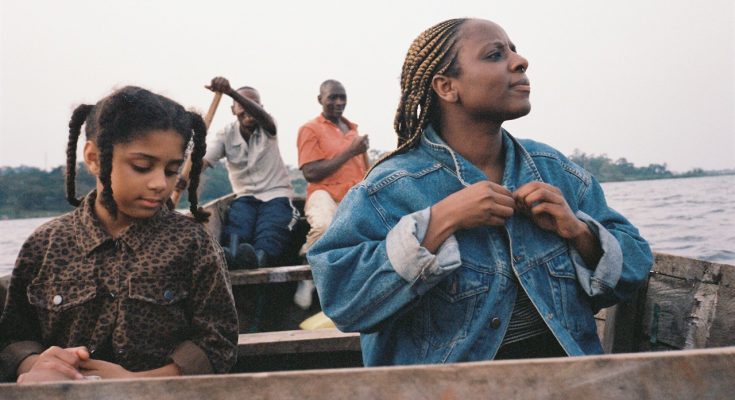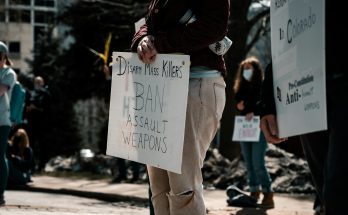Directed and cinematographed by Patricia Bbaale Bandak, 2024 Documentary film Death of a Saint an artful personal story of motherhood and a suspenseful true-crime investigation focuses on family and forgiveness, rather than revenge or punishment.
Filmmaker Patricia Bbaale Bandak gives birth to her daughter Imelda on Christmas Eve, the same day her mother was killed 24 years earlier by two gunmen in their home in Uganda. Yearning to know her mother and raising the questions no one in the family has ever dared ask, Bandak returns to her birthplace to confront and reclaim what was stolen from her.
Patricia’s use of various cameras and film formats bends and turns back time, creating space where memories can be replaced with images, both archival and fantastical.
In conversation with Asha Bajaj, Editorial Director of Canadian Media, on the sidelines of HotDocs 2024, Filmmaker Patricia Bbaale Bandak revealed in the form of conversations about the process of sharing her process of grieving the loss of her mother and her quest for answers of who she was.
Following is the extract of the conversations between Aha Bajaj and Patricia Bbaale Bandak
Q: What was your first intention of making this film? And has that changed at all now that you’re on the other side?
A: I think that when I started with this, I wanted to make the film for my daughter felt like she needed this, and that somehow could break the cycle of trauma. I thought a lot about generational trauma. But while we were making it, of course, I realized I had to do it for myself first and foremost, and I had to deal with my own trauma first. So maybe subconsciously, I thought that maybe it was easier to have her as a starting point. So that changed, and it’s still a process.

Q: Has she seen it yet? And what do you want her to know about her grandmother?
A: I think she’s a bit too young. I want her to know that she wasn’t perfect, and I want her to know that not being perfect is human, and that she can look at herself, and with all her flaws and know that she’s loved, and hope that she feels liberated.

Q: I think your film is still conflicted. Can you throw more light on this?
A: I am here in Canada without my family. I don’t think that leaving hurts a child but I always thought where am I using my energy. And also regarding my dad, growing up, I was angry with him. He never really talked about my mother, and I wanted to be different. And so maybe I’m talking too much with my daughter about everything. Maybe when she gets older, she’s going to think that I overshared a lot. But I think that being more open changed me a little bit.
Q: There have been two murders in Patricia’s family? Do the two murders have anything in relation to one another in the context of the time?
A: Both their murders in the film have nothing to do with each other. My grandfather was killed when my mom was a teenager.were many, many years apart. When I found out that my anxiety grew for fear of being assassinated myself. Regarding my mom’s murder, the reason why I didn’t put it in the film was that information is a constant question. As I found out in the film, they are still alive. But my family, they live in Uganda. And it wouldn’t be fair for them, for me to just dig around.I cannot go more into it.
Q :Did this audience feel everything? And did this film bring closure to the filmmaker?
A: I think with a lot of trauma I don’t believe in complete closure. I believe that you learn to live with it. But it has given me tools and openness to what I’m experiencing. And I feel like I can mourn my mother now in a different way because she feels more real. Before, she was this perfect object. She never really felt real and I didn’t really have any connection to her. But talking to her sisters and all the stuff they told me about her made me feel that loss even greater. But that’s not a bad thing. I feel like it’s nice to feel something. It’s not closure, but it’s not an open wound at the same time.
Q: Has the film helped your brothers at all in managing their grief?
A: I think that in my family, humor is a defense mechanism. We laugh a lot. We have so much fun, which is nice. But it’s also a way for us to not really talk about the heavy stuff. I hope that the film will help them as well. But even though we share the same background and story, this film is not theirs, it is from my perspective. And I don’t want to claim it as my entire family’s story because I focus so much on myself and my perspective. But I know that they also want to show it to their children when they’re a bit older. So, like what you said before, I really hope that this film can be like a family archive.





